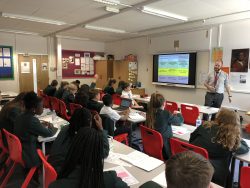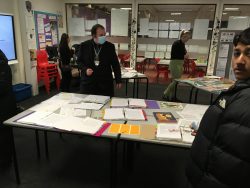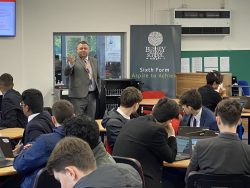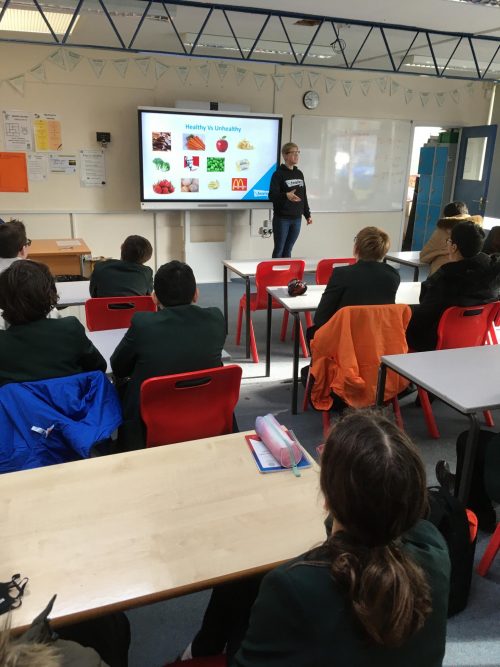Year 7 Communities in Humanities
During the past half term, year 7 students in humanities have been exploring the theme of communities within the different subjects of history, RE and geography. Students have...
Filter by Category
Filter by Author












































































































































































During the past half term, year 7 students in humanities have been exploring the theme of communities within the different subjects of history, RE and geography. Students have...
Posted by Richard Dowty

A long time ago in a galaxy far, far away (that’s Monday lunchtime in L5) we saw the start of Sci-Fi club. Opened to years 7&8 with the intention of it being something...
Posted by Jack Sylvester

Year 7 students are currently studying Shakespeare’s comedy, Much Ado About Nothing. Taking place in Messina, Italy, our year 7 scholars have discovered a diverse range of...
Posted by Anthony Carter

On Tuesday 9th November, BMS hosted our ‘Into 6th Form’ evening. The Humanities and Social Sciences Faculty was pleased to meet all our potential students, many of which expressed...
Posted by Stephanie Knowles

One of the most rewarding parts of my job is to sit in on a variety of lessons and watch our brilliant teachers and students participate in what they do best. Last week I had the...
Posted by Graeme Searle

A new and exciting STEM competition kicked off on Saturday morning at a school in North London. Vex Robotics is an engineering and coding competition, where teams of students...
Posted by David Chalkley

In the IT and Computer Science Department we look at those students who have performed really well and accumulated the most amount of reward points in a half term. The top male...
Posted by Michael Besisira

Posted by Danielle Bowe

This week saw Bushey Meads School mark Remembrance Day with a series of assemblies and activities. In our CDC time we have been looking at the importance of Remembrance Day, why...
Posted by Nicholas Gray

Last Thursday on Enrichment Day Year 12 students enjoyed immersing themselves in their Extended Project Qualifications or EPQs (a higher level research based qualification worth a...
Posted by Jeremy Turner
During the past half term, year 7 students in humanities have been exploring the theme of communities within the different subjects of history, RE and geography. Students have produced some excellent projects relating to the different types of communities studied across the world and through time.
In history, students have discovered how people in the medieval world lived within their communities. They have creatively re-told the stories of unfortunate individuals who would have taken part in the often cruel and barbaric practices surrounding law and order. Whilst also producing leaflets and models displaying the sights, sounds and smells of medieval villages.
In RE, students looked at the how different religious communities practice their faiths and worship in specific religious buildings and how certain rules guide their actions. Students discussed the importance of rules in communities, considering a world without rules and the implications of this.
In geography, students have learned about different communities from around the world. They have discovered how people in different places live and adapt to their surroundings and help their communities thrive. They have also created models of these different communities, displaying the unique ways communities live.
All in all, the year 7s have enjoyed the different approaches to studying the theme of communities and have shown great enthusiasm in showcasing their learning.

At BMS, we have a ‘Mind to be Kind’ The whole of year 8 on Thursday 5th November took part in an exciting day of ‘Mind to be Kind’ workshops. During the day ‘Fearless’, a company...

Students in Mrs Till’s A level psychology lesson were studying the topic of mental illness and the likelihood of children being affected by the mental illnesses of their parents....